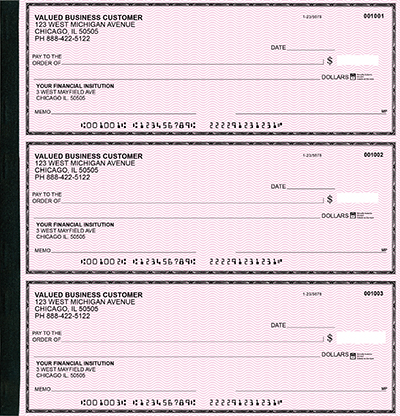 One of the factors that makes it difficult to assume by way of the economic penalties of the top of the commercial age is that we’ve all grown up in a world the place every form of financial exercise has been channeled by way of certain familiar types for thus lengthy that only a few folks remember that issues could be any other manner. The United States is a mixed financial system because, though the components of manufacturing are owned by the non-public sector, the government does get entangled in choices: The government determines what infrastructure will likely be constructed, and the federal government has passed legal guidelines putting many restrictions and laws upon non-public trade (just to call a couple, minimum wage legal guidelines and anti-pollution legal guidelines).
One of the factors that makes it difficult to assume by way of the economic penalties of the top of the commercial age is that we’ve all grown up in a world the place every form of financial exercise has been channeled by way of certain familiar types for thus lengthy that only a few folks remember that issues could be any other manner. The United States is a mixed financial system because, though the components of manufacturing are owned by the non-public sector, the government does get entangled in choices: The government determines what infrastructure will likely be constructed, and the federal government has passed legal guidelines putting many restrictions and laws upon non-public trade (just to call a couple, minimum wage legal guidelines and anti-pollution legal guidelines).
China is a blended economy because, although it went many years with out government acknowledging the position that markets play, it has not too long ago been relaxing many restrictions on market-based exercise. Throughout this century, and particularly after World Battle I, each financial principle and economic coverage have deteriorated to the point that the survival of the market economic system is threatened.
When China joined the World Trade Organization (WTO) in 2001, it agreed that different WTO members might resolve its non-market financial system ” (NME) standing. In a market economic system, always, as Professor Kirzner says, an unlimited quantity of ignorance stands in the way of the entire coordination of the actions and selections of the various market individuals. The granting of market-economy status to China shouldn’t be computerized now or in 2016 or afterwards. Through the twentieth century, each China and the Soviet Union were examples of enormous planned economies wherein the federal government managed many points of production and pricing. Although the market economy system sounds perfect, there are always issues with any type of economic system.

It is not merely a query of whether or not means and ends” have the same epistemological standing as, as an example, time and house.” Behind it there lurks the much more fundamental question whether we are able to have any data not in the end derived from expertise.
Working with aggregates whose origins stay unexamined and whose mode of composition is assumed to persist without rationalization permits the constructors of economic models to withdraw from the duty of tracing market phenomena to the meanings people attribute to their financial actions.

